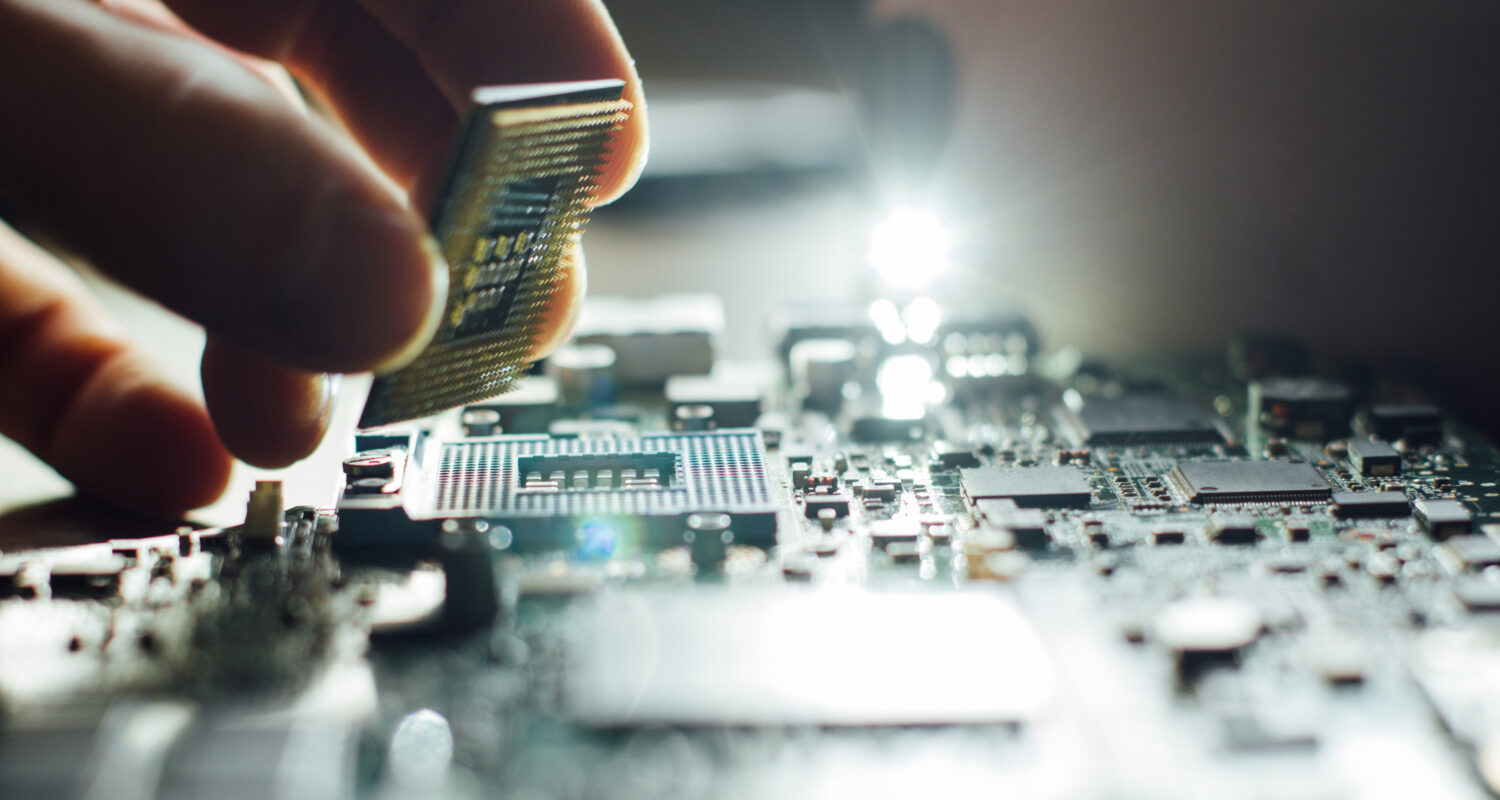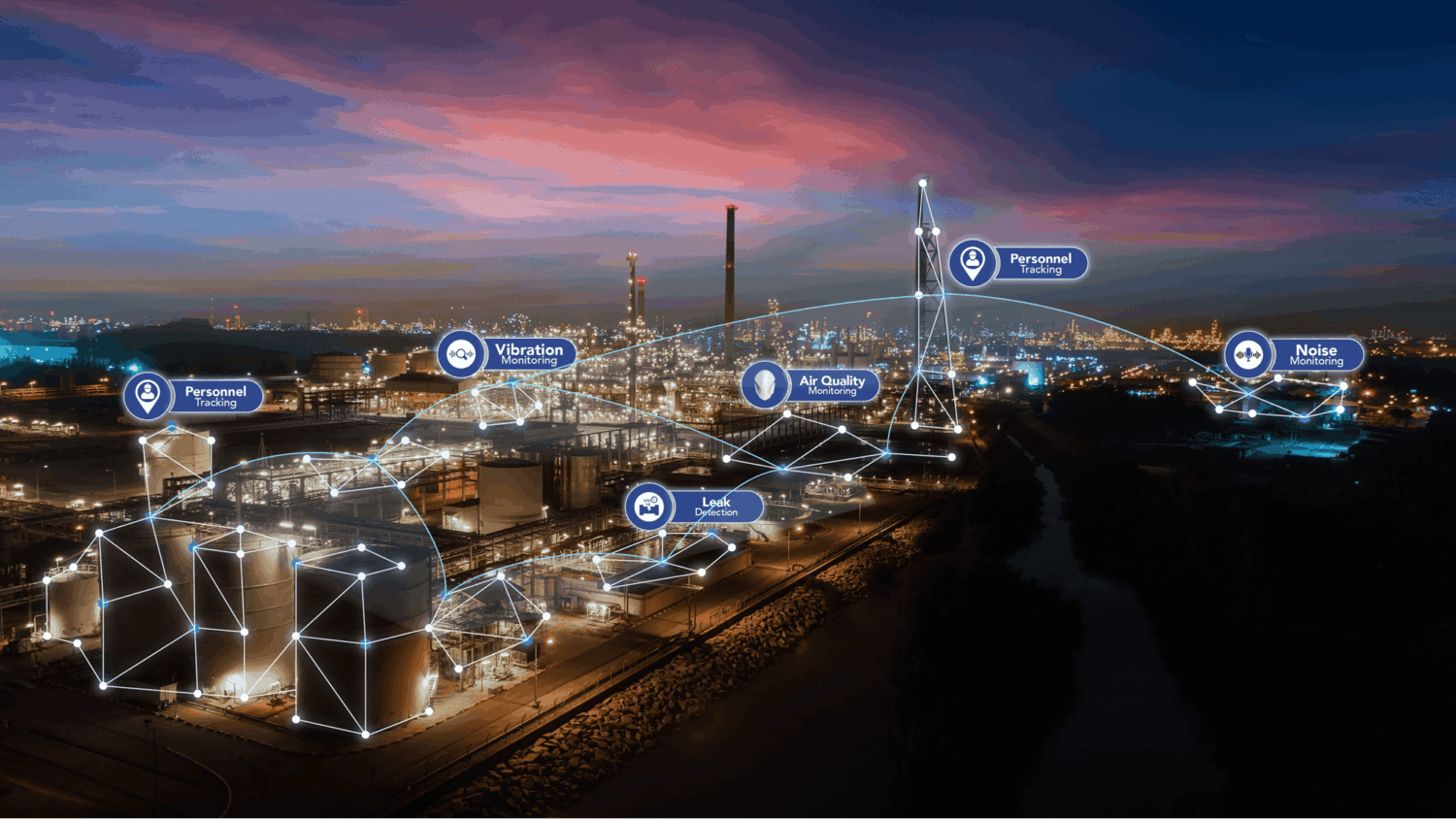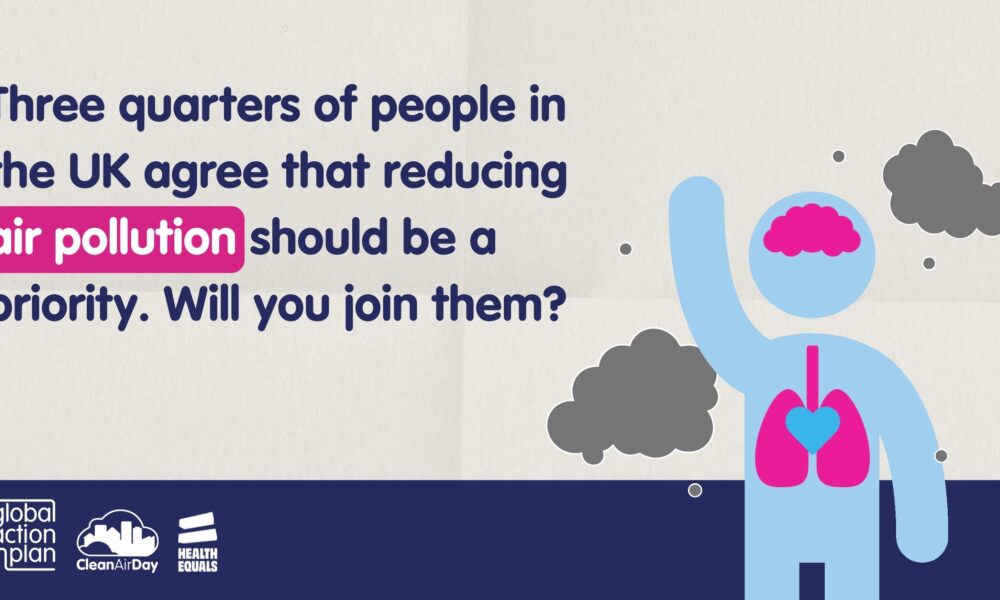What is IoT?
The ability to draw on an ever-increasing array of data from a variety of sources is called collectively “The Internet of Things” (IoT).
Behzad Heravi - 4 January 2019

IoT is now recognised and considered a key driver of the digital
transformation agenda that enables businesses to reinvent products,
services, internal operations and business models.
“The beauty of the internet of things is that it allows you to optimize existing infrastructure without costly expenditure. ”
So, what are the origins of IoT?
Internet 1.0
Computers were large and typically standalone bits of hardware with no need to communicate. Some advantages of connecting computers included moving data/results and distant messaging. However, reasons, why they weren’t connected was because computers were uncommon and hard/expensive to interconnect.

What happened next?
Computers got smaller and cheaper and computing made simple tasks much more efficient. Far more data was being made and needed sharing, and it was becoming cheaper and easier to connect.

The development of Smart Phones
A computer could now fit in your pocket and access the internet similarly to a PC. There was a boom in small and affordable electronics components and telephone operators needed to provide access to the full internet on the go.

The Dawn of the Internet of Things
“The ‘perfect storm’ for IoT was created from broadband internet becoming more widely available, decreasing costs of connecting devices, more devices being created with built-in WIFI capabilities and senors and the smartphone penetration sky-rocketing. ”
And so all the key elements for IoT existed due to smartphones:
- Low cost/power microprocessors
- Permanent connectivity
- Miniaturised sensors (accelerometers, light sensors etc)
- Li-Po batteries
- Billions of devices – IP infrastructure
Industrial IoT (IIoT)
Industrial IoT simply defines when IoT is implemented in an industrial and manufacturing environment.
Industry 4.0 is the term used to describe the move towards digitalisation which has led to the current trend of automation and data exchange in manufacturing technologies and industrial settings. This includes IoT, cloud computing and cyber-physical systems. Industry 4.0 will see shifts in Heavy Industry which will be heavily driven by IoT and Artificial Intelligence.

“The business gains are achieved through operational efficiency gains and accelerated productivity, which results in reduced unplanned downtime and optimized efficiency and therefore profits. ”
At our Swansea HQ we are actively developing and deploying new and cutting-edge technologies that solve known business problems. and drive regulatory compliances.
More blogs

Should clean air be a national priority?
Millions across the UK are still exposed to harmful levels of air pollution every day. As we mark Clean Air Day, it’s time to ask: if clean air impacts our health, our…

Engaging communities for cleaner air
As we mark Clean Air Day, we proudly highlight the significance of engagement and behaviour change to make a tangible difference in the fight against air pollution.